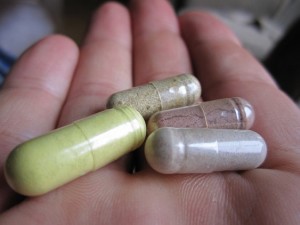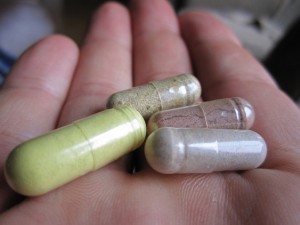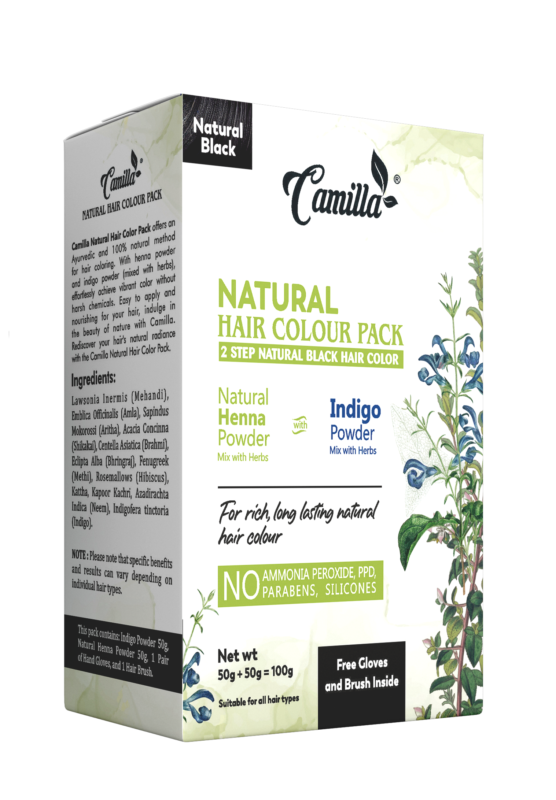
By Kris Vaughan, CHHerbal supplement safety is being called into question again with the recent incident of a former NBA player who was found unconscious in a Nevada brothel after using cocaine and alcohol along with an herbal Viagra-like product. The media focused on the herbal product as a contributing factor to his condition, seeming to be a measure to draw attention away from the drug and alcohol use and place it on the so call “dangers” of unapproved herbal and dietary supplements. Safety, purity, and quality of any product taken is important so let us take a look at the differences between supplements and drugs in terms of FDA approval, the regulations for producing a dietary supplement, and the current statistics relating to deaths attributed to supplements and pharmaceuticals in America.FDA ApprovalThe focus of the media stories discussing dietary supplements, which herbal supplements are, relates to the safety and the fact that they are not FDA approved like drugs are. It is correct that they are not FDA approved; the approval from the FDA relates to a substances approval to be listed as a drug (pharmaceutical). In order to be listed as a drug, a substance must undergo clinical trials and show that their benefits outweigh the risks to humans who take the medication.Drug companies seeking to sell a drug in the United States must first test it. The company then sends CDER the evidence from these tests to prove the drug is safe and effective for its intended use. A team of CDER physicians, statisticians, chemists, pharmacologists, and other scientists reviews the company’s data and proposed labeling. If this independent and unbiased review establishes that a drug’s health benefits outweigh its known risks, the drug is approved for sale. The center doesn’t actually test drugs itself, although it does conduct limited research in the areas of drug quality, safety, and effectiveness standards.Before a drug can be tested in people, the drug company or sponsor performs laboratory and animal tests to discover how the drug works and whether it’s likely to be safe and work well in humans. Next, a series of tests in people is begun to determine whether the drug is safe when used to treat a disease and whether it provides a real health benefit. http://www.fda.gov/Drugs/DevelopmentApprovalProcess/default.htm Notice the wording “benefits outweigh its known risk”. The FDA and the pharmaceutical companies do not ever claim that any given drug is safe and has no risks. Their only requirement is that the benefits outweigh those risks. Don’t be fooled into thinking that FDA approval automatically makes a substance safe. Most of the pharmaceutical drugs approved by the FDA are entirely NOT safe and require monitoring from your physician to prevent severe organ damage and death. If you have ever watched a drug commercial you will notice that 2/3 of the commercial is the stating of the possible side effects caused by the drug; most are debilitating and even lead to death or suicide.The Cost of FDA ApprovalIf you have ever wondered why your prescription drugs are so expensive, read this excerpt from Forbes:During the Super Bowl, a representative of the pharmaceutical company, Eli Lilly posted the on the company’s corporate blog that the average cost of bringing a new drug to market is $1.3 billion, a price that would buy 371 Super Bowl ads, 16 million official NFL footballs, two pro football stadiums, pay of almost all NFL football players, and every seat in every NFL stadium for six weeks in a row. This is, of course, ludicrous.http://www.forbes.com/sites/matthewherper/2012/02/10/the-truly-staggering-cost-of-inventing-new-drugs/Herbal Product Safety & RegulationsSome of the common herbs used in herbal supplements have been studied extensively and most have been classified according to their safety in the Botanical Safety Handbook produced by the American Herbal Products Association (AHPA). In the Botanical Safety Handbook, each herb is given a safety classification which refers to the degree of toxicity the herb has when consumed by humans. The large majority of herbs are safe for consumption with no known toxicity level. Others, such as digitalis, do have considerable toxicity levels and require the guidance of a qualified herbalist or naturopath who has extensive knowledge in botanical medicine.In order to produce herbal supplements, herbal product manufacturers are required to comply with the FDA’s current Good Manufacturing Practices (cGMP) which lay out specific guidelines for testing their raw materials, finished product, labeling, packaging, storage of retention samples, and the completion and retention of detailed batch records for production of each product and ingredient. Each step of the production process is carefully documented and catalogued and each facility undergoes annual FDA audits to ensure that they are in compliance with the cGMP regulations.The cost of the required clinical trials is staggering and prohibitive for herbal product and dietary supplement manufacturers. Herbs are readily found in nature and are not manufactured. This makes them relatively inexpensive and with no ability to be patented. The safety and efficacy of herbs has been demonstrated over the many thousands of years of traditional use in cultures and societies all over the world. The use of herbal medicine is the oldest form of medicine and predates written history.Before the advent of the contemporary medicine system and the pharmaceutical industry (1800’s) herbal medicine and homeopathy were the standard of medical care until Rockefeller and Carnegie created a medical monopoly in America for financial gain, effectively shutting down the traditional medical schools of the time that were teaching botanical medicine and homeopathy, and even jailing practitioners. Learn more about the history of the American Medical Association (AMA).StatisticsThe AMA , the pharmaceutical companies, and the media would like you to believe that herbal products are responsible for grave injury and death when the reality is quite the opposite. The average number of deaths in the United States each year that are directly related to pharmaceuticals is in excess of 106,000. This large number includes medical mistakes, overdose, drug interactions, and improper use. The number of deaths attributed to herbal supplements each year is: 0With these obvious statistics we are forced to ask ourselves why an herbal product is targeted as being dangerous and a pharmaceutical is safe because of its FDA approval. The answer is money. Pharmaceutical companies make a fortune on keeping Americans dependent on their drugs and in fear of natural remedies which they can not profit from. It really isn’t about a drug offering a cure, no drug claims any cure only management of symptoms. Herbs, on the other hand, have the ability to support the normal function of the body and allow the body the opportunity to heal itself as it was designed to do; and it does with very little to no side effects.Do not be fooled into thinking one method is dangerous and evil and one is safe and good. Each has its benefits, risks, and necessary precautions. Each system of medicine, contemporary (medical) and traditional (herbal), has its place in treating and healing the body. I always remind my clients, ‘There is a time and place for each system of medicine. The key is knowing when and where each system is appropriate.” The responsibility lies with you and the need to educate yourself on your condition and any substances which are recommended to you by your practitioner so that you can decide for yourself what you feel is safe and appropriate for your health care.
Top 5 This Week
Related Posts
Herbal Supplement Safety — Herbal Wisdom Institute


